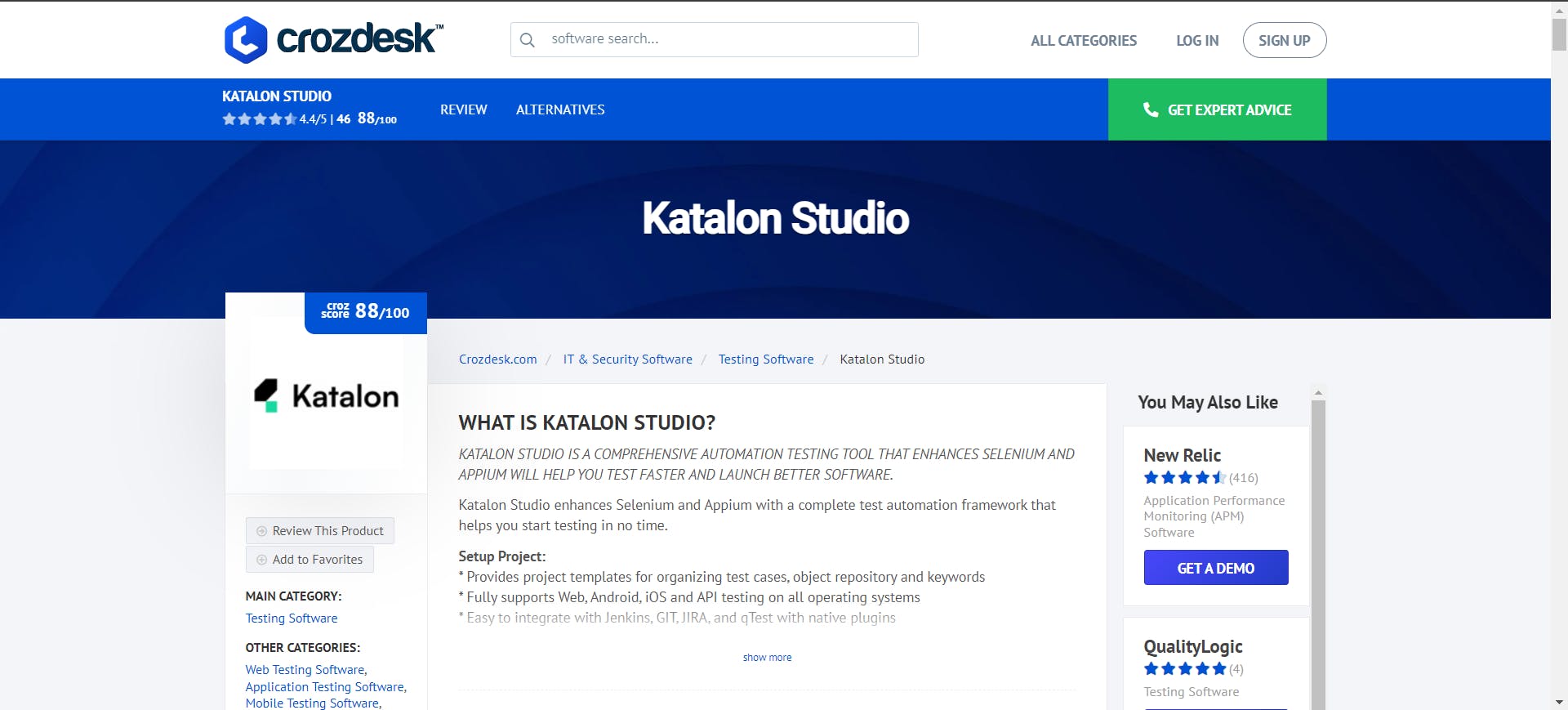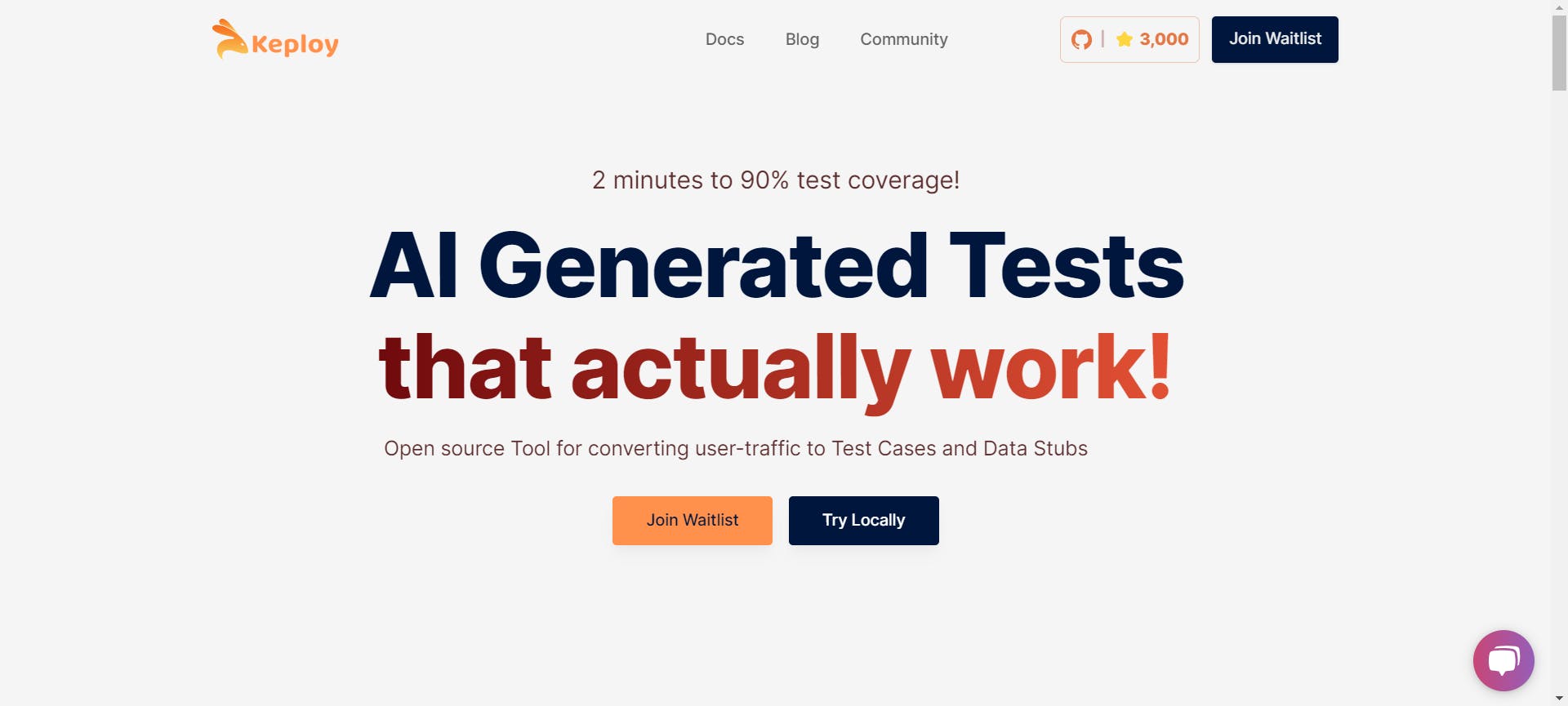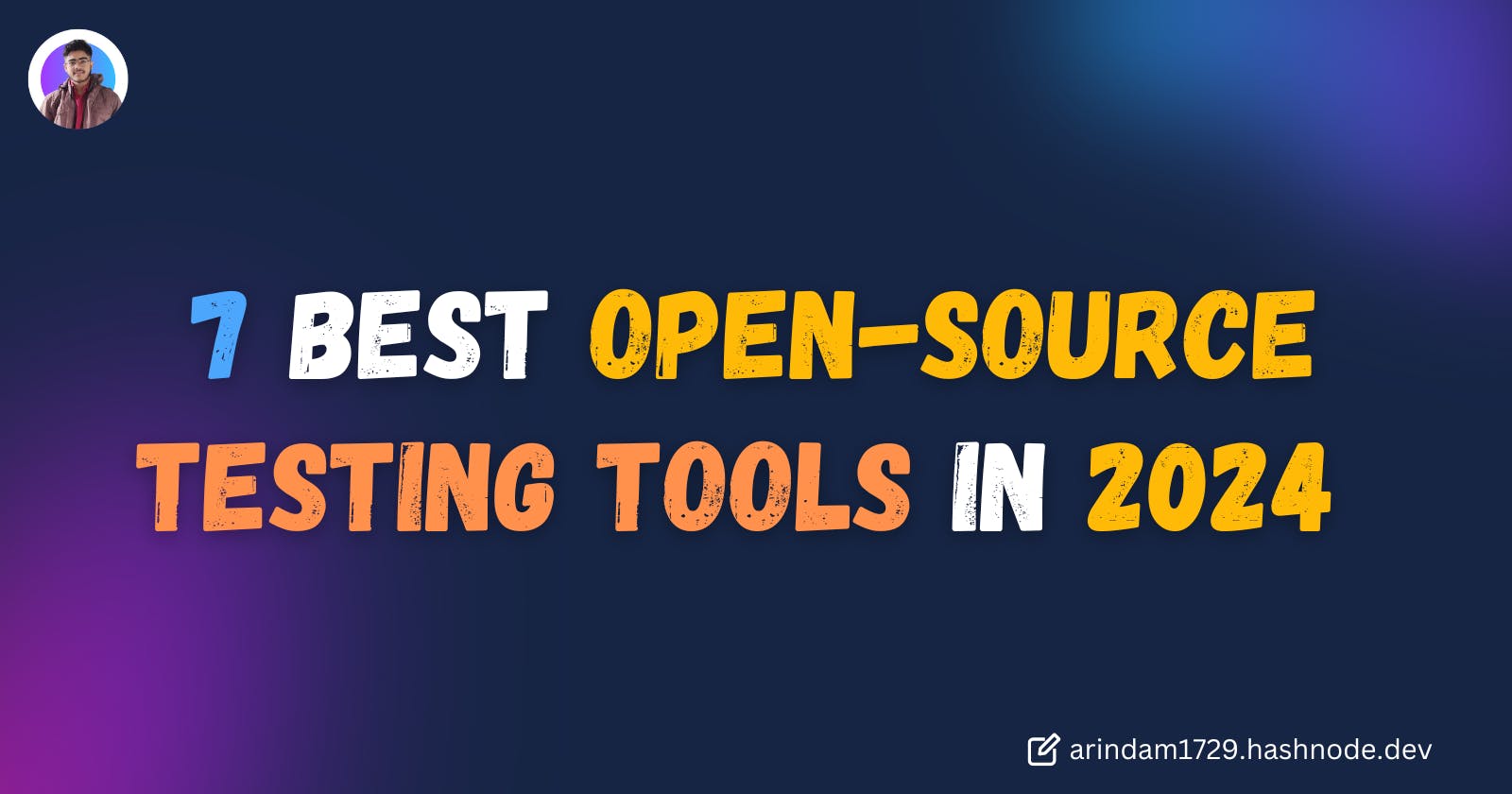Introduction:
With so many different open-source test management tools available, Choosing the right tool can be challenging. In 2024, there are several outstanding open-source tools that cater to the needs of developers and QA professionals.
In this Article,We will explore 7 Best Open-Source Testing Tools to use in 2024.
So without delaying further, Let's START!
Benefits of Open Source Testing Tools:
There are many benefits of using Open Source Tools.
Cost-Effectiveness: Open-source tools are typically free to use, which makes it easier to bear for small teams.
Community Support: Open source testing tools often have active online communities that provide support, utilities, and resources.
Flexibility in usage: Unlike testing tools provided by specific vendors, open source test management tools offer flexibility in usage.
Security: Open source testing tools benefit from the contributions of many developers, making it easier to identify and fix bugs or vulnerabilities in the software
For these reasons Open Source Testing tools are getting more popularity in the community.
7 Best Testing Tools
1. Katalon Studio:

Katalon Platform is a popular and free tool for testing websites, apps, and more. It makes testing easier by offering simple ways to create tests, whether you prefer coding or using a visual approach.
From small-sized to enterprise-scale projects, Katalon Studio provides all the critical capabilities and utmost stability for functional and end-to-end automated testing.
2. Keploy:

Keploy is an innovative open-source tool that is transforming the landscape of API testing by converting user traffic into test cases and data stubs. It offers solution to several challenges in software development and testing, such as blind network calls, time-consuming manual test writing, inefficient code paths, dependency chaos, and mystery production issues.
Keploy simplifies testing for developers by capturing network interactions and generating automated tests. Plus, we accelerate development and enhance team collaboration.
3. Selenium:
Selenium is the go-to choice for web-based and open-source test automation.It allows users to test websites functionally on different browsers and perform cross-browser testing.
Selenium provides a single interface that supports multiple programming languages such as Ruby, Java, NodeJS, PHP, Perl, Python, JavaScript, and C#.
4. Appium:
Appium is an open-source automation testing tool specifically designed for mobile applications. It enables testers to automate the testing of mobile apps on both iOS and Android platforms using a single codebase.
We can test different types of mobile apps without changing the app's code. Appium works on real devices and emulators, making it easy to test in different situations without modifying the app.
5. TestNG:
TestNG is a Famous Testing framework for Java based application. The name "TestNG" stands for "Test Next Generation." This application is designed to make end-to-end testing easy. It enables you to generate test plans and test reports in various formats quickly.
It is widely employed in the Java development community for its powerful features and flexibility. TestNG is built on the principles of simplicity, extensibility, and parallel execution, making it a popular choice among Java developers and testers.
6. Cypress:
Cypress is a popular open-source tool designed for testing modern web applications.Its main focus is on testing the frontend or user interface of web applications. Cypress is renowned for its speedy test execution and the ability to instantly reload tests.
Cypress includes features like automatic waiting, time-travel debugging, and integrated server mocking for thorough end-to-end testing.
7. Apache JMeter:
Apache JMeter is an open-source automation testing tool developed by the Apache Software Foundation. It is often used to identify performance bottlenecks, measure response times, and evaluate the scalability of web applications.
It has a lot of good features like dynamic reporting, portability, powerful Test IDE, etc and supports different type of applications, protocols, shell scripts, Java objects, and databases.
Conclusion
If you found this blog post helpful, please consider sharing it with others who might benefit. You can also follow me for more content on Javascript, React, and other web Development topics.
To sponsor my work, please visit: Arindam's Sponsor Page and explore the various sponsorship options.
Connect with me on Twitter, LinkedIn, Youtube and GitHub.
Thank you for Reading :)


